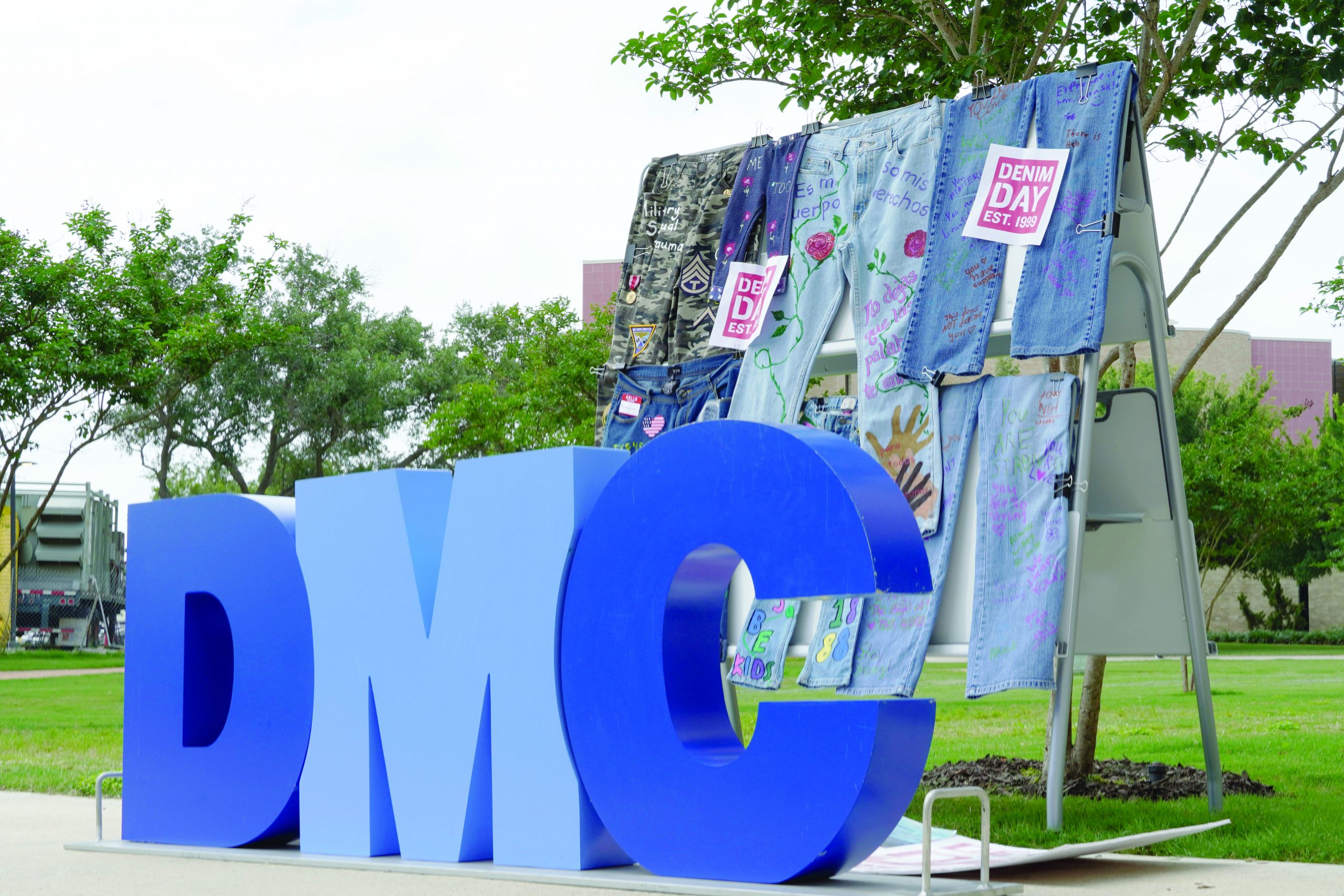You’re nearly done with DMC-now what?
Whether you’re graduating with your associate degree or just ready to move on to a university, transferring often comes with lots of questions.
Del Mar College designed over 50 university transfer majors that help make the transition to public institutions of higher learning in Texas a smoother process. With proper planning you can transfer up to 66 semester hours, or half of the degree requirements, whichever is less, to your university of choice.
Transferring means you are taking all the credits (and knowledge) you’ve earned at DMC and “moving” it to your university of choice to complete a four-year degree, aka your bachelor’s degree.
Infographic by Samantha Douty/Foghorn
There are several important factors to keep in mind, even while you’re still at DMC, including:
— G.P.A. — The dreaded grade point average, or GPA for short. Most universities require a 2.5 minimum to apply for admission. Unfortunately, having a 2.5 GPA does not guarantee you entry to your university of choice. You are competing against students from around the world for admission into every university you apply for.
— Transfer Credits — Most universities require you transfer credits from all institutions you have attended. Not every institution will accept all credits toward your degree plan. Del Mar College has agreements in a number of majors with four-year institutions in the state, in which If you have an associate degree in certain fields, you are assured of a minimum credit when transferring into a baccalaureate program.
— Do I get my associate degree or not? — Spending two years at DMC may or not be in your plan for getting your bachelor’s, but before you decide let’s talk about some benefits of completing your associate before transferring your credits.
One major benefit of completing your associate degree first is saving money. Being able to transfer half of your degree plan to the university saves you from additional spending and possibly debt. The average cost of tuition at a Texas public university is $7,000 per year versus Del Mar College at $4,000 per year. That’s a minimum $6,000 savings by getting your associate degree first. Additionally, if you plan to transfer to an out-of-town university, housing can run more than $12,000 per year.
The road to complete your bachelor’s degree can be bumpy, and completing your associate first gives you a security blanket in case you can’t finish your bachelor’s degree right away. Life happens and if you have to place your education on hold, having an associate degree can help you when job searching. The 2012 annual survey by Michigan State University’s Collegiate Employment Research Institute (CERI) suggests that having an associate degree matters. The survey showed that job opportunities for associate degree holders increased 30 percent compared with the 2011 CERI survey.
Completing your associate degree is also an added credential. Your resume holds information about your professional experience and your education. Being able to place your associate degree on your resume also shows employers that you have the ability to commit and complete.
The short of the long is Del Mar College offers transfer associate degrees designed for students planning to transfer to a four-year institution of higher education and it is each student’s responsibility to know the specific requirements of the university they plan to transfer to.
If you are looking to take the guess work out of transferring be sure to pick up the next edition of the Foghorn to get more information on transferring to various universities in Texas, starting with Texas A&M-Corpus Christi and Texas A&M-Kingsville.
Want to know more about the author?
Follow Veronica on Twitter.







